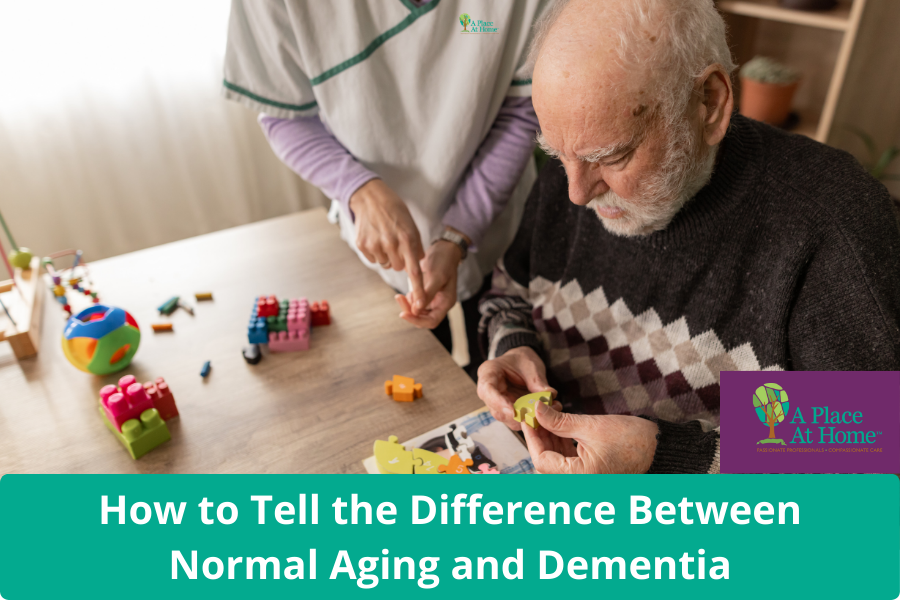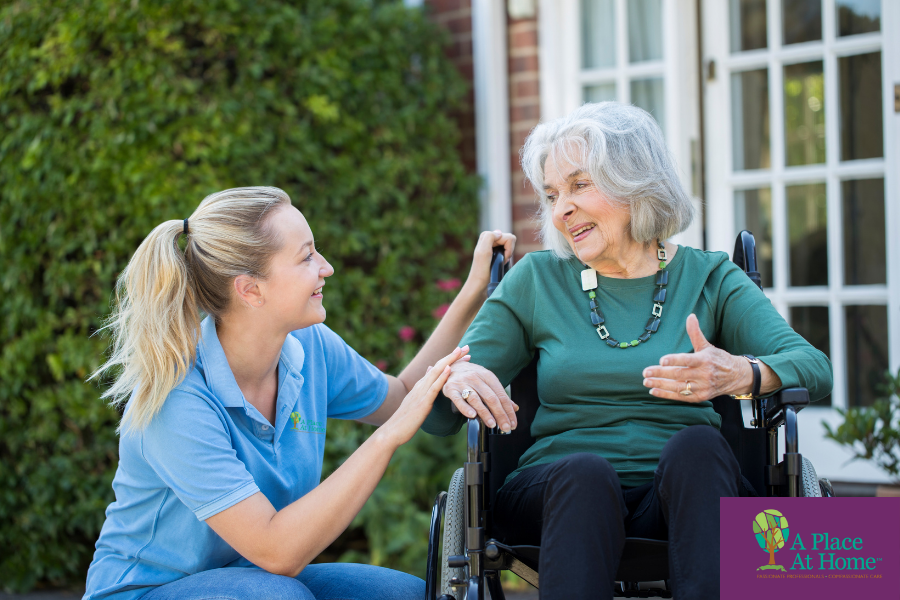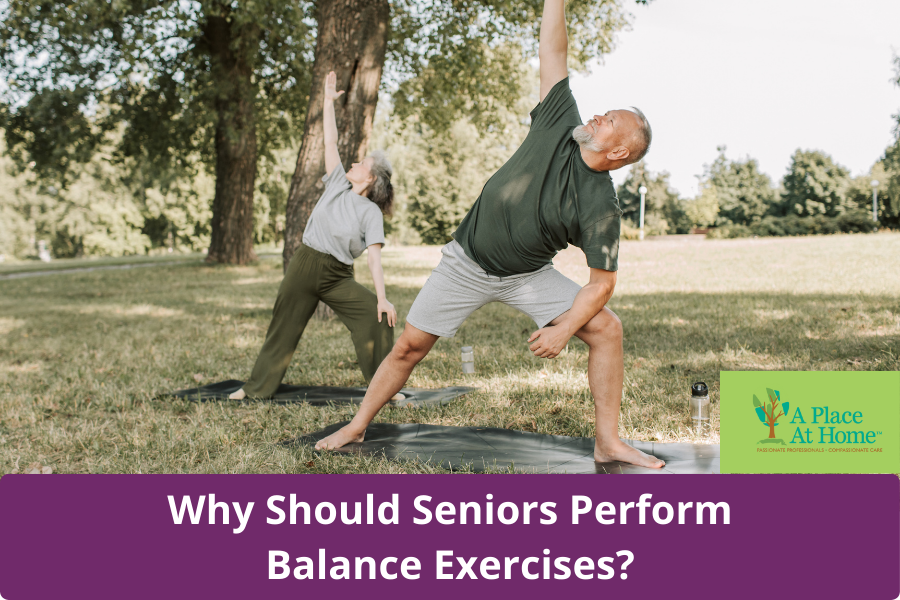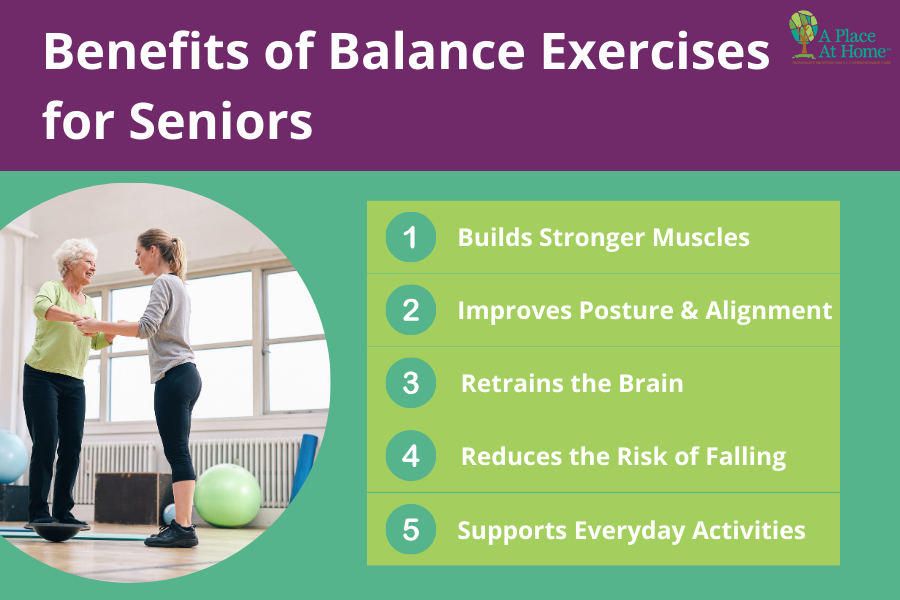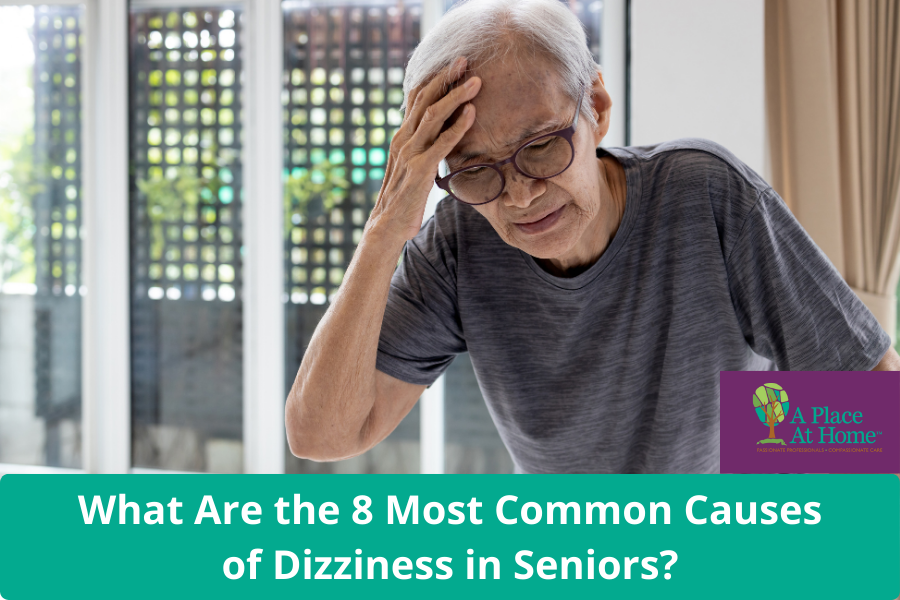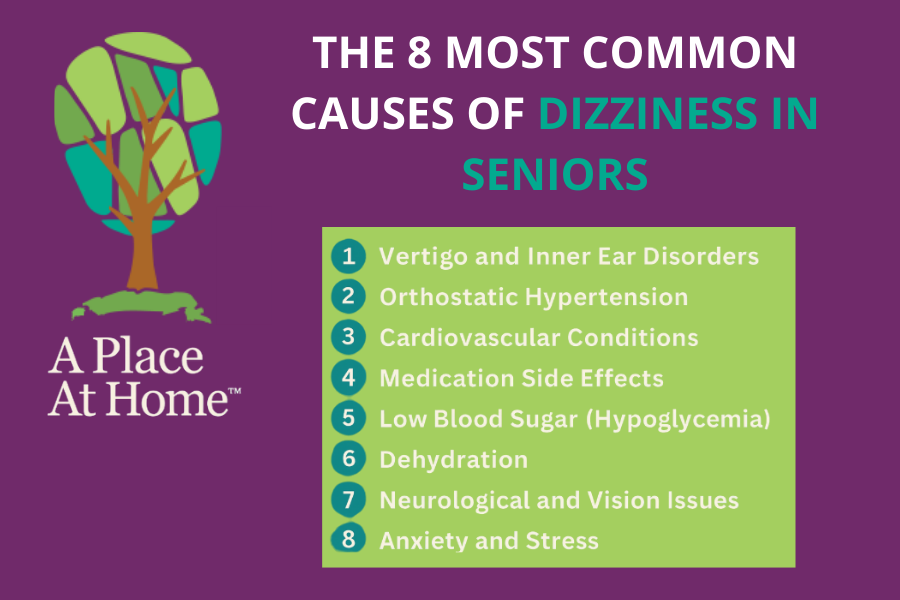As we age, the body handles medications differently. Kidneys and liver function may slow down, chronic health conditions become more common, and many older adults take multiple medications each day. These changes play a major role in determining the safest antibiotics for seniors, since slower metabolism and multiple prescriptions can increase the risk of side effects or interactions. A study conducted by the National Institutes of Health shows that adults over 65 account for nearly 37% of all adverse drug reactions reported in hospitals.
In this blog, we’ll explore what makes antibiotics safe for the elderly, factors doctors consider when prescribing, and tips for ensuring effective and safe treatment at home. We’ll also highlight how senior home care services can support medication routines, monitor for side effects, and provide peace of mind for families caring for aging loved ones.
Key Takeaways
- Seniors are more sensitive to antibiotics due to changes in kidney and liver function.
- Penicillins, certain cephalosporins, and carefully monitored macrolides are commonly used as safe antibiotics for seniors.
- Fluoroquinolones, aminoglycosides, sulfonamides, and older tetracyclines may carry more risks.
- Drug interactions are common in older adults, so medication lists should always be reviewed.
- Immediate medical care is needed for allergic reactions, severe side effects, or worsening symptoms.
What Makes Antibiotics Safe for Older Adults
Choosing the safest antibiotic for a senior involves more than targeting the infection. Doctors evaluate several important factors to ensure the medication is effective while reducing the risk of complications.
Organ Function
These organs break down and remove medications from the body. Because kidney and liver function often decline with age, some antibiotics can accumulate and cause toxicity. Providers may adjust the dosage or select drugs that are easier for the body to process. Many families rely on in-home care for seniors to help monitor symptoms, report concerns to healthcare providers, and ensure antibiotics are taken correctly.
Drug Interactions
Many older adults take medications for heart disease, diabetes, blood pressure, or pain management. Some antibiotics can interfere with these drugs, increasing side effects or weakening their effectiveness. Doctors look for antibiotics with minimal interaction risks to keep treatment safe. Senior caregivers can also help keep medication lists updated and coordinate with doctors or pharmacists, which reduces the risk of interactions for seniors receiving care at home.
Allergies & Sensitivities
A history of allergic reactions or medication sensitivities plays a major role in antibiotic choice. Seniors can react differently over time, so providers carefully review past reactions before prescribing.
Side Effect Risks
Certain antibiotics are more likely to cause confusion, digestive issues, C. diff infections, nerve problems, or heart rhythm changes in older adults. Understanding these risks helps clinicians avoid medications with higher complication rates.
Antibiotic Resistance
Using the wrong antibiotic or not taking it as prescribed can contribute to antibiotic-resistant bacteria. Doctors often conduct tests or consider the most likely bacteria involved to ensure the chosen antibiotic is appropriate from the start.

Antibiotics Considered Safe for Seniors
While every senior’s health situation is unique, some antibiotics are generally considered safer and better-tolerated in older adults. These medications tend to have fewer severe side effects, lower risks of interactions, and predictable dosing when kidney or liver function is considered.
Penicillins (Such as Amoxicillin)
Penicillins are often safe for senior citizens due to their relatively low side-effect profile. They’re effective for many common infections, including respiratory and ear infections, and are usually easy for seniors to tolerate. Allergies are the main concern, but for those without sensitivities, penicillins remain a dependable option.
Cephalosporins
Cephalosporins are another class of antibiotics frequently used for seniors. These antibiotics are typically gentle on the system and work well for skin infections, urinary tract infections, pneumonia, and more. Like penicillins, they carry a low risk of severe side effects, making them a suitable choice for many older adults.
Macrolides (Such as Azithromycin or Clarithromycin)
Macrolide antibiotics can also be safe for seniors when used appropriately. They help treat respiratory infections and certain bacterial illnesses. However, doctors tend to use caution when prescribing them to seniors with heart conditions, as some macrolides may affect heart rhythm. With proper monitoring, they can still be effective and safe options.
Fluoroquinolones (Only If Necessary)
On the other hand, certain antibiotics are best avoided in older adults unless necessary. A key example is fluoroquinolones, a class of antibiotics such as levofloxacin that is known to cause tendon issues, nerve damage, and potential effects on blood sugar and mental status. Because these risks increase with age, fluoroquinolones are typically reserved for situations where other antibiotics are ineffective or inappropriate. Choosing the safest antibiotic comes down to selecting a medication that treats the infection effectively while minimizing risks. By leaning toward well-tolerated antibiotic classes and avoiding higher-risk options, seniors can receive the care they need with greater peace of mind.
Choosing the safest antibiotic comes down to selecting a medication that treats the infection effectively while minimizing risks. By leaning toward well-tolerated antibiotic classes and avoiding higher-risk options, seniors can receive the care they need with greater peace of mind.
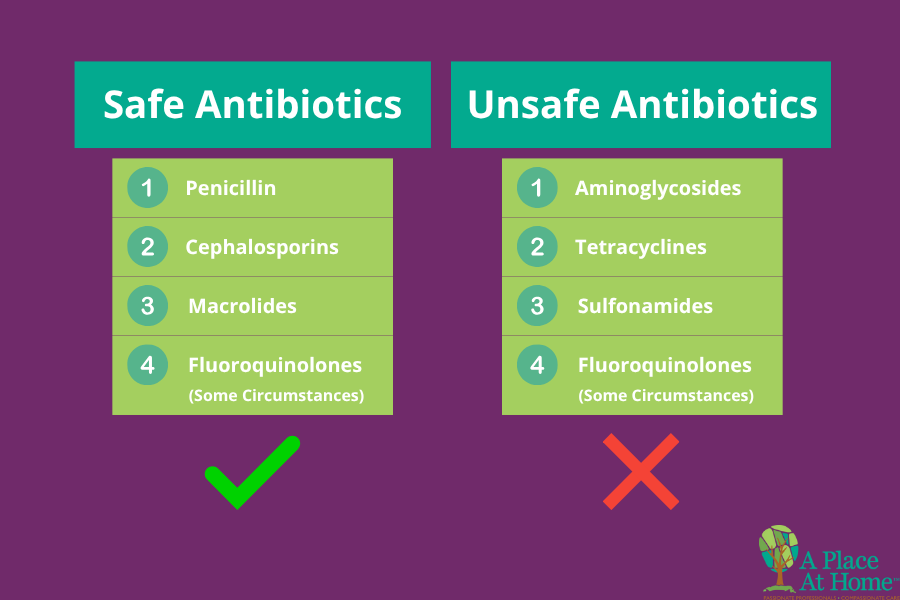
Antibiotics Older Adults Should Avoid
While antibiotics play a crucial role in modern medicine, some have been linked to concerning side effects that can impact overall well-being. These side effects can range from mild issues like digestive discomfort and allergic reactions to more severe complications such as antibiotic resistance, gut microbiome imbalance, and long-term health risks.
In some cases, certain antibiotics have been associated with serious conditions, including tendon damage, nerve issues, and adverse interactions with other medications. Understanding these risks is essential for making informed healthcare decisions and ensuring antibiotics are used responsibly to prevent unintended health complications.
- Fluoroquinolones such as levofloxacin, ciprofloxacin, and moxifloxacin are among the most concerning for seniors. Although effective, they carry well-documented risks, including tendon rupture, nerve damage, confusion, blood sugar disturbances, and heart rhythm issues. These side effects occur more frequently and more severely in older adults, which is why this class is often avoided unless necessary and no safer alternative exists.
- Aminoglycosides (e.g., gentamicin, tobramycin, amikacin) are another class used cautiously in seniors. They can be hard on the kidneys and may cause permanent hearing loss, two areas where age-related decline can make older adults more vulnerable.
- Tetracyclines, especially older forms like tetracycline itself, can also be problematic. While some newer options, such as doxycycline, are generally well-tolerated, older versions may cause kidney strain or interact with medications commonly prescribed to seniors.
- Macrolides are commonly prescribed to treat bacterial infections throughout the body and are often used as an alternative for patients who are allergic to penicillin. However, these antibiotics can pose unique risks for older adults. Seniors may be more susceptible to serious side effects such as ototoxicity, neurotoxicity, and gastrointestinal intolerance. In 2013, the FDA issued a warning about azithromycin after identifying a rare but increased risk of dangerous heart arrhythmias, making careful monitoring essential when prescribing macrolides to elderly patients.
- Sulfonamides are another class of broad-spectrum antibiotics commonly used to treat bacterial infections such as bronchitis or sinusitis. They have been known to cause serious allergic reactions in some people, including difficulty breathing and rashes. Furthermore, sulfonamides can interact with other medications and can cause kidney damage if taken over long periods, so it’s important to use these antibiotics only when necessary.
- Cephalosporins are generally considered safe for many adults, but seniors may face increased risks with this class of antibiotics. Age-related declines in kidney function can make it harder for older adults to eliminate the drug, raising the potential for toxicity. Additionally, cephalosporins can sometimes trigger allergic reactions or gastrointestinal issues, which may be more severe in seniors. For these reasons, doctors often use caution and carefully monitor older patients when prescribing cephalosporins, opting for alternatives when safer options are available.
Avoiding these higher-risk antibiotics doesn’t mean seniors lack treatment options. Instead, it emphasizes the importance of choosing medications that balance effectiveness with safety. By working closely with a healthcare provider, older adults can receive antibiotics that address infections effectively while minimizing preventable risks.
Tips for Using Antibiotics Safely at Home
Safe antibiotic use is essential for preventing complications. Families who use elderly home care services often benefit from added support with medication reminders, monitoring for changes in health, and helping seniors stay on schedule with their treatment plan. This extra oversight reduces the chances of missed doses or preventable complications.
Seniors and caregivers can take several steps:
- Follow the full prescribed course even if symptoms improve
- Share a complete list of medications and supplements with the doctor
- Take antibiotics exactly as directed (with or without food, at the right times)
- Watch for side effects such as rashes, digestive issues, confusion, or changes in heart rhythm
- Avoid alcohol or grapefruit if the medication instructions warn against it
- Ask about dose adjustments if kidney or liver function is reduced
These small precautions can make treatment safer and more effective.

Warning Signs of Antibiotic Complications in Seniors
While most antibiotic treatments are safe when monitored properly, seniors should be aware of warning signs that require urgent medical care. Hospitalizations due to antibiotic-related complications are highest among adults over 65, accounting for nearly 40% of cases. Severe allergic reactions, such as swelling of the face or throat, difficulty breathing, or widespread hives, demand immediate attention, as these can be life-threatening.
- Decreased urine output
- Dark-colored urine
- Jaundice
- Unusual fatigue
- Kidney or liver complications
Finally, if symptoms do not improve or worsen during treatment, it could mean the infection is resistant to the prescribed antibiotic or that complications have developed. Seniors should contact their healthcare provider right away in these cases to adjust treatment and prevent serious health risks.
Read: What are the Most Common Causes of Dizziness in Seniors?
Senior Home Care from A Place At Home – North Tucson
Choosing the right antibiotic is a critical step in protecting seniors’ health. Older adults face unique risks due to changes in kidney and liver function, the presence of chronic conditions, and the potential for drug interactions. By understanding which antibiotics are safer, avoiding higher-risk options, and following best practices for use, seniors and their caregivers can reduce complications and support a faster, safer recovery from infection.
In addition to careful medication management, having professional support at home can make a significant difference. A Place at Home – North Tucson provides compassionate in-home care for seniors, including medication reminders, monitoring for side effects, and assistance with daily activities. Partnering with a trusted home care provider helps ensure that seniors receive the attention and support they need while maintaining their independence and overall well-being.
Frequently Asked Questions (FAQs)
Why are seniors more vulnerable to antibiotic side effects?
As we age, kidney and liver function can decline, affecting how the body metabolizes medications. Seniors are also more likely to take multiple medications and have chronic health conditions, which increases the risk of drug interactions and side effects.
Which antibiotics are generally considered safer for older adults?
Penicillins (like amoxicillin), certain cephalosporins, and macrolides (used with caution) are commonly used in seniors when appropriate, because they typically have fewer severe side effects and lower risks of interactions when prescribed appropriately. The safest antibiotic always depends on the individual senior’s health and should be chosen by a prescribing provider.
Are there antibiotics seniors should avoid?
Certain antibiotics, such as fluoroquinolones, aminoglycosides, older tetracyclines, and some macrolides, may carry higher risks for seniors and are often used with caution or avoided unless clearly necessary. Sulfonamides and cephalosporins may also require caution depending on health status.
How can seniors take antibiotics safely at home?
Always follow the full prescribed course, communicate all medications and supplements to your doctor, monitor for side effects, and discuss dose adjustments if kidney or liver function is reduced. These steps help minimize risks and ensure treatment effectiveness.
When should seniors seek immediate medical attention while on antibiotics?
Seek urgent care if severe allergic reactions occur (e.g., swelling, difficulty breathing), if there are signs of kidney or liver complications (e.g., dark urine, jaundice, extreme fatigue), or if infection symptoms do not improve or worsen during treatment.




